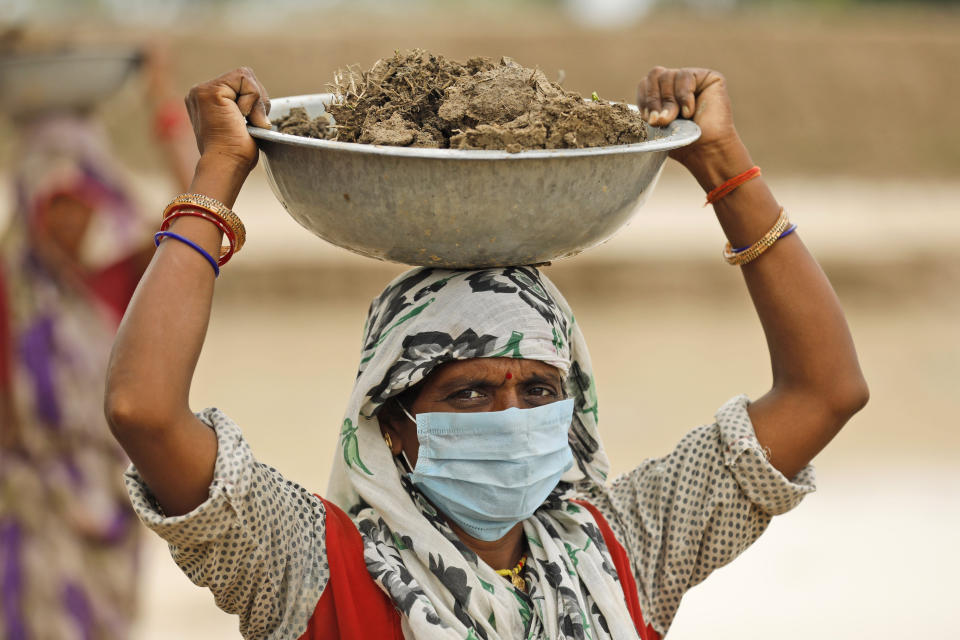IMF: COVID-19 'will erase 30 years of progress fighting poverty'

The COVID-19 pandemic could reverse 30 years of progress made fighting global poverty, the International Monetary Fund (IMF) has warned.
The IMF said on Tuesday said that as many as 90 million people could be plunged beneath into extreme poverty this year, meaning they will be forced to survive on less than $1.90 a day.
“The pandemic will reverse the progress made since the 1990s in reducing global poverty and will increase inequality,” the IMF wrote in its bi-annual World Economic Outlook report.
The agency said day labourers and migrant labourers were particularly vulnerable to falling into poverty.
“People who rely on daily wage labor and are outside the formal safety net faced sudden income losses when mobility restrictions were imposed,” the report said. “Among them, migrant workers who live far from home had even less recourse to traditional support networks.”
The IMF said emerging market countries and developing economies would suffer more severe downturns than developed economies as a result of COVID.
Watch: COVID expected to drive 3.3% contraction in sub-Saharan African economies in 2020
“These uneven recoveries significantly worsen the prospects for global convergence in income levels,” Gita Gopinath, the IMF’s director of research, wrote in the report’s introduction.
The downbeat assessment came even as the IMF upgraded its outlook for the global economy. The international agency said it now expects global GDP to fall by 4.4% this year, slightly better than its June forecast of a 4.9% contraction in 2020.
“Recent data suggest that many economies have started to recover at a faster pace than anticipated after reopening from the Great Lockdown,” Gopinath wrote.
Forecasts were revised up across the world, including for the UK. The IMF now expects Britain’s economy to contract by 9.8% this year, better than the 10.2% fall projected in June. It would still mark one of the steepest annual GDP declines on record.

Global GDP growth forecasts were trimmed for 2021. The IMF now expects the world economy to grow by 5.2% next year, a -0.2 percentage points downgrade from June’s forecast. The UK economy is predicted to grow by 5.9%, which is a -0.4 percentage point downgrade.
The IMF said lower growth next year was partly a result of the shallower trough for economies this year and “consistent with expectations of persistent social distancing”.
The agency warned that uncertainty around forecasts remained “unusually large” due to the unpredictable path of the pandemic and its impact on society.
Watch: What is a recession?

 Yahoo Finance
Yahoo Finance 